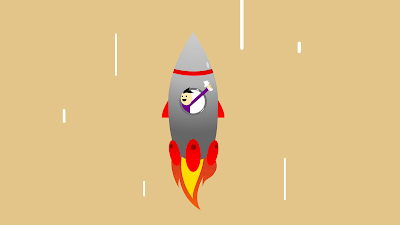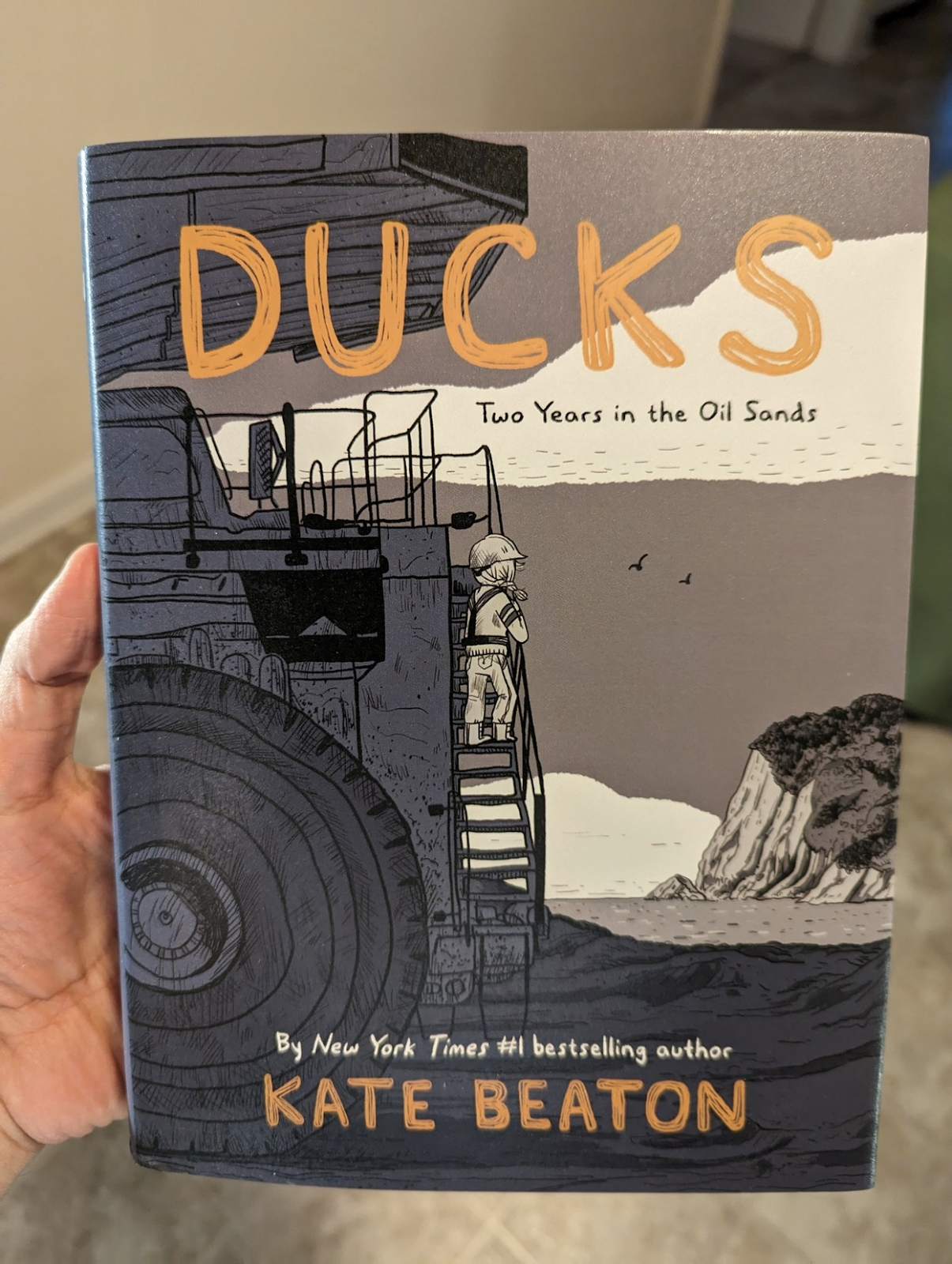A Visit to Sid Sackson's Archives
After legendary designer Sid Sackson passed, the Strong Museum of Play became the home of his personal papers. This collection includes correspondences, journals, prototypes, sketches, and a bunch more ephemera from his long career. His diaries alone spanned 35 years and were intricately indexed. It will take years to transcribe and digitize them all, but the early parts of his career are up on the Sid Sackson Portal here: https://sacksonportal.museumofplay.org/s/sackson-portal/page/welcome A year after the portal's launch, Julia Novakovic posted an update on the project's ongoing road map for future transcription and public display: https://www.museumofplay.org/blog/the-sid-sackson-portal-one-year-later/ But before the portal went online, the only way to see any of these papers was to go personally to the Strong Museum and schedule a visit with the curator. (Many thanks to Julia for giving a rando like me access to these artifacts!) My wife and I paid a visit to Rochester to




